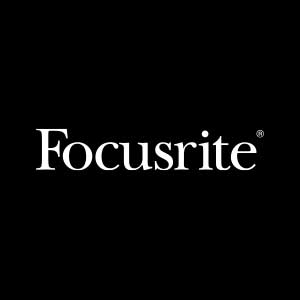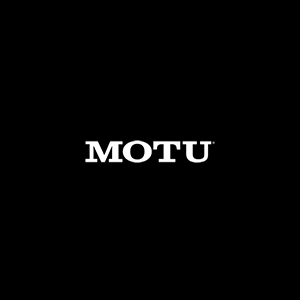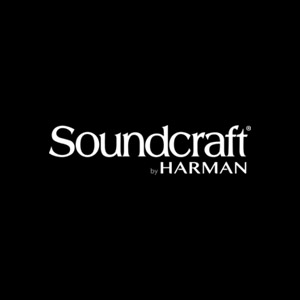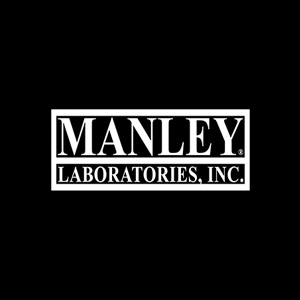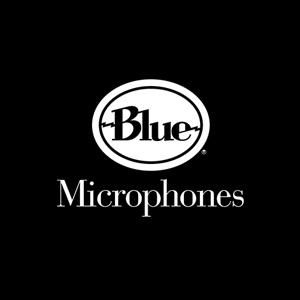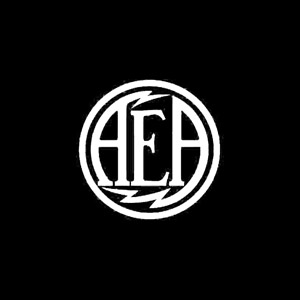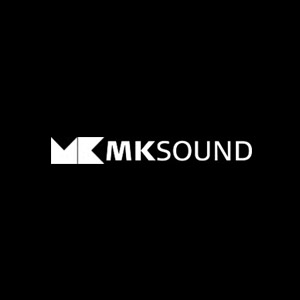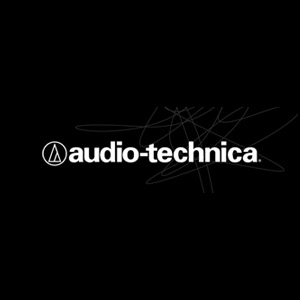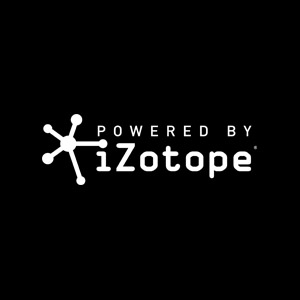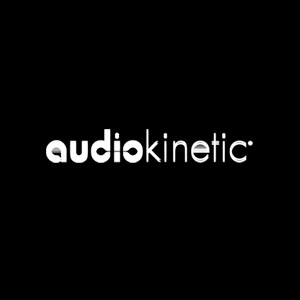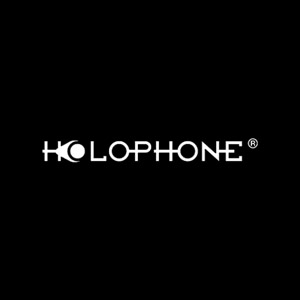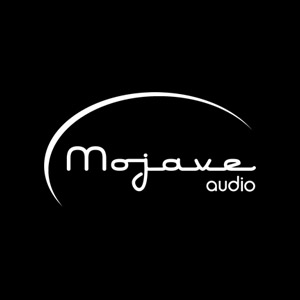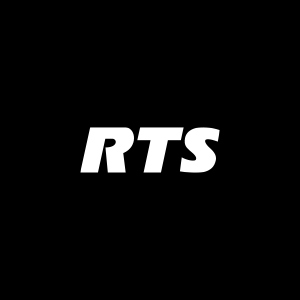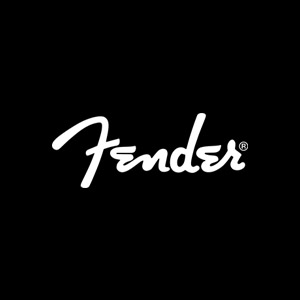Fred Aldous at the Sports Broadcasting Hall of Fame
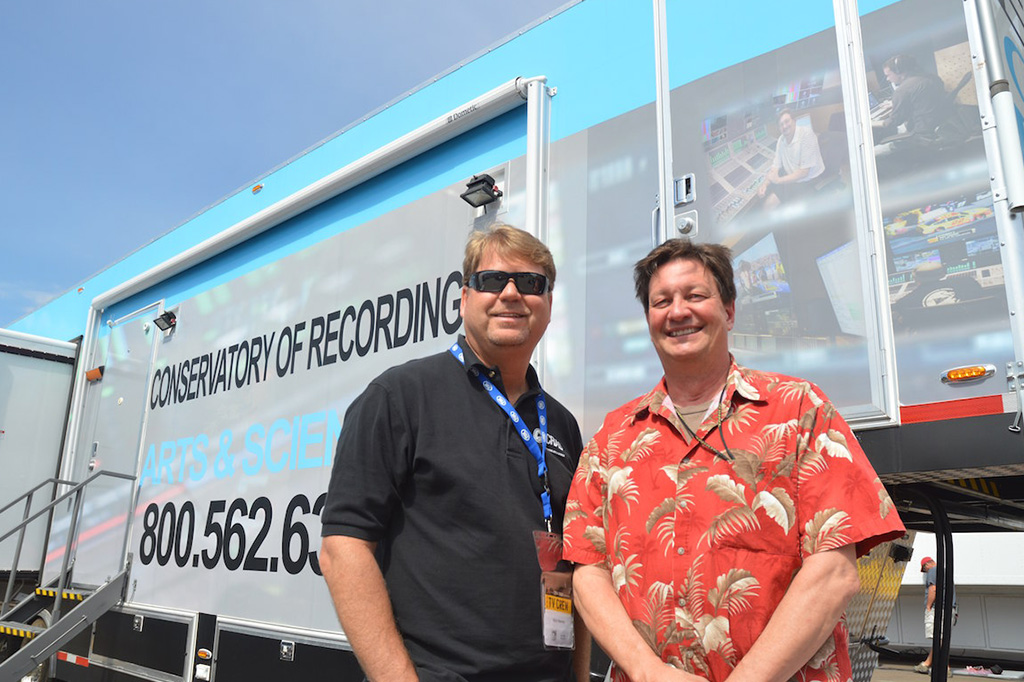
Fred Aldous with CRAS Administrator Kirt Hamm
“There was a void in the industry for that next generation of broadcast engineers, and something needed to be done,” explained Fred Aldous, FOX Sports senior mixer and consultant, who is being inducted into the Sports Broadcasting Hall of Fame in December. “I reached out to the Conservatory three years ago and together we developed a curriculum that properly instructs, trains, and prepares students so that the industry will have an ongoing stream of new interns and entry-level professionals to fit their needs immediately.”
Over the four decade-long span of his career Fred Aldous has won numerous awards for his work, including 23 Emmy awards. Fred has been in charge of the audio from all sorts of sporting events, from the NASCAR Daytona 500 to the NFL Superbowl.
For the last couple years, Fred has worked together with us at the Conservatory to develop our new broadcast curriculum. Recently, Fred was inducted into the Sports Broadcast Hall of Fame. During his acceptance speech, he mentioned his gratitude for the opportunities that he has been afforded throughout his career.
Perhaps the most poignant aspect of his speech was his humbleness, and gratitude to everyone who has helped him get to where he is today, on both a personal and professional level.
“One doesn’t get here by themselves. I owe a great debt of gratitude to the technical crews I have worked with throughout my career: the tape operators, the video guys, editors, and yes, the camera guys for being microphone holders,” says Fred. “Most notably, I want to recognize the audio crews I have worked with, who’s support has been unparalleled. My accomplishments are the sum of the parts of those around me, most notably all of you on NASCAR and NFL.”
I am grateful for those who have paved the way before us, and remind us that we should set an example for those that follow.
Fred Aldous
“As most of you probably know, I’ve gotten involved with the educational process at the Conservatory of Recording Arts and Sciences in Arizona, advising the creation of their broadcast curriculum. Students enroll to learn music recording, mixing, live sound, post production, or gaming. They know nothing about broadcast audio, or that it even exists. By the time they finish their broadcast cycle, many want to start a career in broadcast.
We teach them the basics of broadcasting, from comms to mixing a live show on their own. A requirement for graduation is to do an internship. Over the years, relationships have been forged with studios that provide internships for music recording or live sound, but few in broadcasting. I hope that those of you here tonight that have the opportunity to provide internships do so. Remember, someone gave us each a chance, it’s time for us to give back.”
You can watch his acceptance speech here:
There is no better way to learn a new skill, than to learn from a master of that skill, and that is why we are proud to have Fred Aldous’ touch on our curriculum.
In the following panel discussion, Fred gives his thoughts on the state of the broadcast industry, and his reasoning on working with CRAS to develop our broadcast curriculum:
“What do you see is a challenge in getting young people in our industry?”
Fred: “That’s a tough question. What we’re working on in Phoenix – I’ve been associated with the Conservatory of Recording Arts. We’ve developed an intro to broadcasting, in addition to their music recording, music mixing, post production, and live sound program. Nobody is aware of what it takes to do broadcast audio. Even though we know the scene is changing in broadcast, we’re taking students an giving them an introduction to it anyway. Once they hear what goes on, once they hear the call of the director – we make them run their own live show after being in broadcast class for only 3 weeks – we find about 50-60% show an interest in it.
I went to the Conservatory a couple years ago with this idea because I don’t see anyone coming up behind us. Bob Dixon is since retired, and I myself am slowly sneaking out the back door and gonna be gone soon. And who fills our shoes? I haven’t seen anybody coming up behind us to fill this position. So I feel it was very important for me, and a good time to give back in starting this curriculum, that we can at least teach them basics so people don’t walk into a studio asking “what’s this? What’s an IFB?”
We teach them comms, we teach them the basics of broadcasting. Most of them get excited about it, and a lot of them change their field of focus from either live sound or recording to broadcast. The challenge that we now have today is that internship is a part of their graduation. The tough part is placing interns into broadcasting. We’ve developed relationships with recording studios over the years, where they take internships, and we’ve built our relationships with them. But now, if those of you have an opportunity to take on an intern, this is a great way to bring somebody into your facility and teach them your ropes. These students have a great basic understanding of what broadcasting is, and that would be a great way to bring them up.
We don’t have the luxury of time [to train people] like we used to, so the more we can educate somebody coming into the industry, the better off we are going to be.”
You can watch the full panel here:



